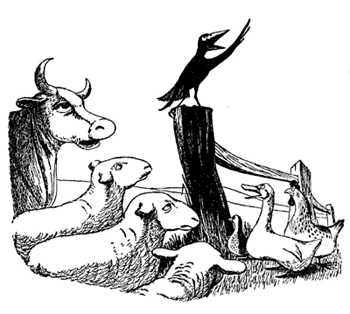
A common notion that many religions share is that the end of this world will provide an opportunity to right the wrongs of this life; those who are evil will be punished and those who have been wronged in the life will receive justice. This is seen most obviously in Christianity in passages such as the The Sheep and the Goats, The Story of Dives and Lazarus and The Beatitudes. The last of these is a series of statements made by Jesus about what the Kingdom of Heaven will be like and what attitudes people should cultivate here on earth. Statements such as: Blessed are those who mourn, for they will be comforted. Blessed are the meek; they will inherit the earth. Blessed are those who hunger and thirst for righteousness, for they will be filled. These statements all give the sense that no matter what this current life is like, God will make amends in the next.
 Karl Marx
Karl Marx 


 RSS Feed
RSS Feed
